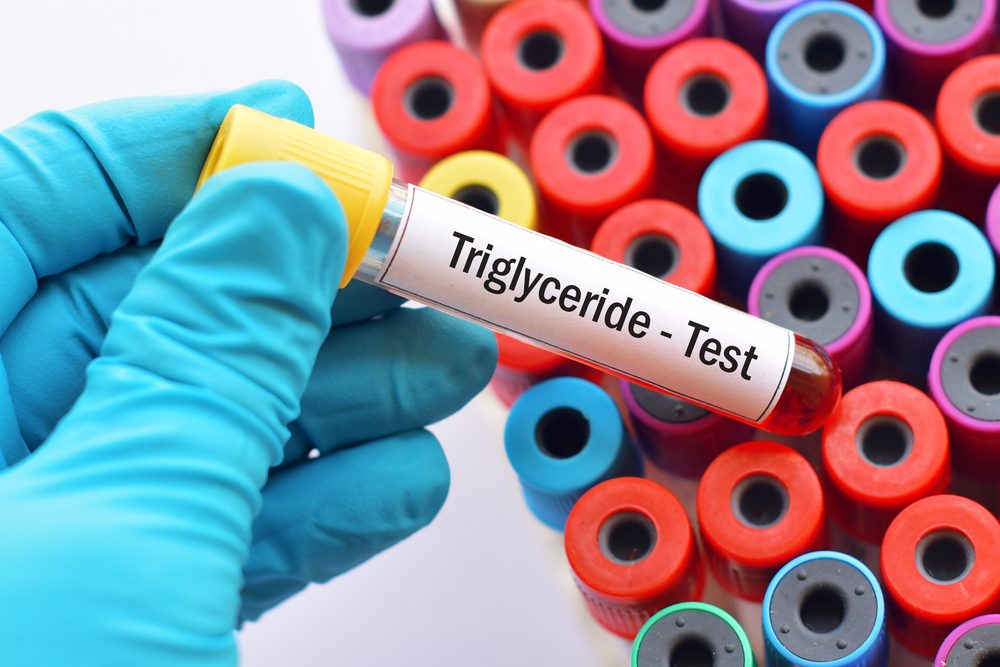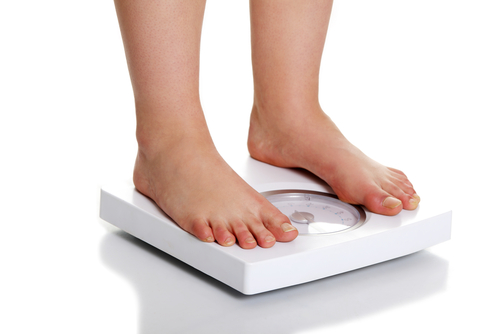It is always advisable to keep an eye on your blood pressure and cholesterol levels, but there’s something else related that you might need to monitor: your triglycerides.
Having a high level of triglycerides in your blood can increase your risk of heart disease.
What are triglycerides?
Triglycerides are a type of fat (lipid) found in your blood.
When you eat, your body converts any calories it doesn’t need to use right away into triglycerides. The triglycerides are stored in your fat cells. Later, hormones release triglycerides for energy between meals.
If you regularly eat more calories than you burn, particularly from high-carbohydrate foods, you may have high triglycerides (hypertriglyceridemia).
High triglycerides go hand in hand with high cholesterol. They increase the likelihood that you will develop some form of heart disease. This is especially true if you have a family history of heart disease or if you suffer from high blood pressure.
What’s the difference between triglycerides and cholesterol?
Triglycerides and cholesterol are different types of lipids that circulate in your blood:
Triglycerides store unused calories and provide your body with energy.
Cholesterol is used to build cells and certain hormones.
Checking for High Triglycerides
During a checkup, many physicians will order a lipid profile blood test to check for high triglycerides. This is quite common if you indicate that you have a family history of heart disease or if you have suffered from high cholesterol in the past.
Ideally, anyone over the age of 20 should have a lipid profile performed every five years to monitor your cholesterol and triglyceride levels.

Why are high triglycerides important?
High triglycerides may contribute to hardening of the arteries or thickening of the artery walls (arteriosclerosis) — which increases the risk of stroke, heart attack and heart disease. Extremely high triglycerides can also cause acute inflammation of the pancreas (pancreatitis).
High triglycerides are often a sign of other conditions that increase the risk of heart disease and stroke, including obesity and metabolic syndrome — a cluster of conditions that includes too much fat around the waist, high blood pressure, high triglycerides, high blood sugar and abnormal cholesterol levels.
High triglycerides can also be a sign of:
- Type 2 diabetes or prediabetes
- Metabolic syndrome — a condition when high blood pressure, obesity and high blood sugar occur together, increasing your risk of heart disease
- Low levels of thyroid hormones (hypothyroidism)
- Certain rare genetic conditions that affect how your body converts fat to energy
Sometimes high triglycerides are a side effect of taking certain medications, such as:
- Diuretics
- Estrogen and progestin
- Retinoids
- Steroids
- Beta blockers
- Some immunosuppressants
- Some HIV medications
What’s the best way to lower triglycerides?
Healthy lifestyle choices are key:
Exercise regularly. Aim for at least 30 minutes of physical activity on most or all days of the week. Regular exercise can lower triglycerides and boost “good” cholesterol. Try to incorporate more physical activity into your daily tasks — for example, climb the stairs at work or take a walk during breaks.
Avoid sugar and refined carbohydrates. Simple carbohydrates, such as sugar and foods made with white flour or fructose, can increase triglycerides.

Lose weight. If you have mild to moderate hypertriglyceridemia, focus on cutting calories. Extra calories are converted to triglycerides and stored as fat. Reducing your calories will reduce triglycerides.
Choose healthier fats. Replace saturated fat found in meats for healthier fat found in plants, such as olive and canola oils. Instead of red meat, try fish high in omega-3 fatty acids — such as mackerel or salmon. Avoid trans fats or foods with hydrogenated oils or fats.

Limit your alcohol consumption. Alcohol is high in calories and sugar and has a particularly potent effect on triglycerides. If you have severe hypertriglyceridemia, avoid drinking any alcohol.

If healthy lifestyle changes aren’t enough to control high triglycerides, your doctor might recommend medication such as statins or fibrates. Also supplements such as fish oil and niacin have been shown to help lower triglyceride levels.
If your doctor prescribes medication to lower your triglycerides, take the medication as prescribed. And remember the significance of the healthy lifestyle changes you’ve made. Medications can help — but lifestyle matters, too.






